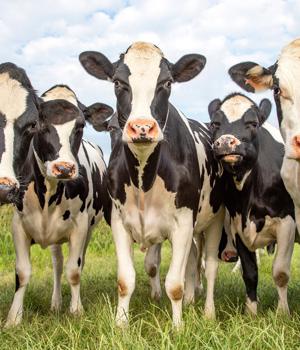Security News > 2022 > September > 3D Printed Food? Israeli company unveils cultured steak, beef morsels

As the name implies, these are bite-sized meat chunks developed using a 3D printing process that operates on lab-grown beef.
"Omakase Beef Morsels are an innovative culinary and technological achievement inspired by the marbling standard of Wagyu beef and designed as a meat lover's delicacy for premium dining experiences," explains Steakholder Foods.
In 2020, another Israeli company, Redefine Meat announced the launch of its plant-based 3D printed meat product, apparently also "Patent-pending," with its primary protein sources being soy and peas.
Steakholder's 3D printed beef, on the other hand, uses lab-grown steak that the company unveiled in December 2021 as the world's "Largest" cultured steak chunk weighing almost 4oz-making it closest to real steak sourced from slaughtering cows.
"What our study found was that the environmental impacts of cultured meat could be substantially lower than those of meat produced in the conventional way," Dr. Hanna Tuomisto of Oxford University's Wildlife Conservation Research Unit, who led the research, has previously said.
"One study shows that artificial meat could have less environmental impact than beef, and possibly pork, but more than chicken and plant-based proteins." [1, 2]. "However, these are speculative as they are all based upon hypothetical models of what form cultured meat production might take. Further monitoring of associated technological developments is needed to complement these speculative models."